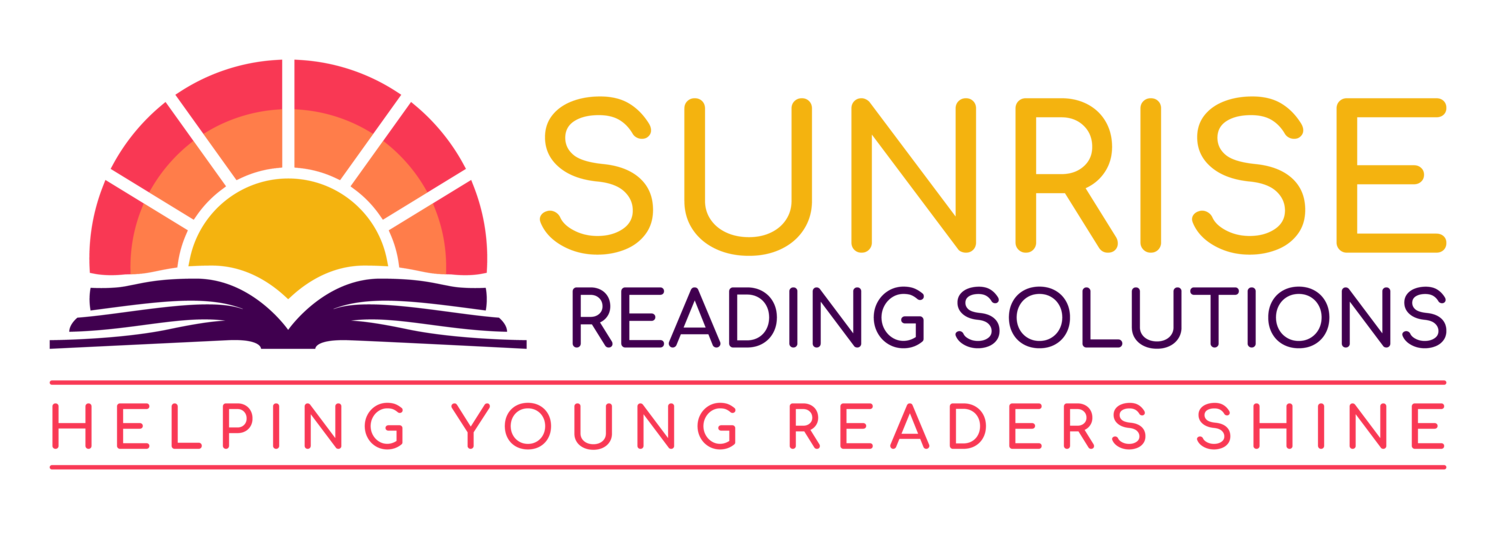Are ADHD And Dyslexia The Same?
ADHD and dyslexia are both brain disorders and can overlap in an individual, but they are not the same type of disorder. With ADHD, you are six times more likely to have a learning disorder (such as dyslexia) than those without. Three in ten people who have dyslexia will also have ADHD. Both have some of the same symptoms, so they can be sometimes mistaken for each other if not diagnosed properly, but again, these two are not the same.
Today, we will go over some of the most common misconceptions of each disorder as well as what factors they both share in the hope that we can better help parents and teachers differentiate between the two disorders and allow learners of all ability levels thrive.
Terminology
ADHD stands for attention deficit hyperactivity disorder. It is a neurodevelopmental disorder that impairs personal, social, academic, and/or occupational functioning. It often involves dysfunction in attention, memory, perception, language, problem-solving, or social interaction.
There are three categories of ADHD:
Predominantly inattentive
Predominantly hyperactive-impulsive
Combined presentation (both inattentive and hyperactive-impulsive)
Dyslexia is a reading disorder. Problems include difficulties with spelling, reading comprehension, reading speed, sounding out words, and pronouncing words aloud. Dyslexia is usually noticed first when the person starts school. Many times people with dyslexia are of high intelligence but still have trouble with basic literacy skills.
Myths About ADHD
Myth #1: All kids with ADHD are hyperactive.
Fact: The notion that kids with ADHD run around constantly and can’t stop moving or fidgeting is a common stereotype, but this isn’t true for everyone affected by the disorder. Hyperactivity can be a symptom, but isn’t present in all people who live with ADHD. Often, the hyperactivity diminishes with time or with medication as well.
Myth #2: ADHD isn’t a real medical condition.
Fact: The CDC, American Psychiatric Association and National Institutes of Health all recognize ADHD as a medical condition. It is actually one of the most common conditions diagnosed, with millions of cases in the US alone.
Myth #3: Kids will outgrow it.
Fact: Though some symptoms can lessen or go away as someone gets older, ADHD most often stays with a person well into adulthood. People can learn to deal with symptoms, seek treatment with therapists and get medication to help them with the symptoms, but ADHD is neurological in nature and most times does not simply just go away.
Myths About Dyslexia
Myth #1: Dyslexia is a rare disorder.
Fact: In the US, research shows that dyslexia affects 1 in every 5 people, with it ranging from mild to severe forms. It is one of the most common causes of reading issues with elementary school children as well.
Myth #2: Dyslexia causes someone to see words out of order or backwards.
Fact: This is one of the most prevalent misconceptions about dyslexia. Dyslexia does not cause words to appear differently, instead the child has trouble with connecting speech sounds with written letters or groups of letters, a process called phonological processing.
Having trouble with sounding words out causes difficulty with reading and writing. It is actually common for children to reverse letters when writing them and this doesn’t automatically make them dyslexic, as it can just be part of their process of learning to read and write.
Myth #3: People with dyslexia are not intelligent.
Fact: Most people with dyslexia have average to above average intelligence and there are many gifted scholars who suffer from dyslexia but don't let it stop them from excelling. While dyslexia can be a struggle at times, it does not prevent those living with it from succeeding at reading or learning.
Traits That ADHD And Dyslexia Share
Both ADHD and dyslexia can be hereditary.
ADHD and dyslexia can both cause the person to have reading difficulties.
Both can cause the child or adult with the disorder to suffer from self-esteem issues.
Forgetfulness is a common issue with both, though it manifests in different ways with each disorder.
Both benefit from understanding, extra help and tutoring from parent/teacher, and being diagnosed early.
ADHD and dyslexia, while different, are both disorders that can create challenges in younger children and continue into adulthood. But with thoughtful and caring learning instruction, children and adults alike can learn to overcome their difficulties and thrive in a learning environment.
Sunrise Reading Solutions Can Help
At Sunrise Reading Solutions, we help young readers grow and build their reading skills at many different levels. Whether you have a child who has a diagnosed or suspected learning disability (such as dyslexia or dysgraphia) or you are looking for your young reader to get ahead, Sunrise Reading Solutions is here to help.
By utilizing the Barton program and supplementing with other trusted literacy drills, we work passionately to provide your child with the foundations for lifelong literacy success. Contact us today to get a free assessment and our certified tutors can start preparing your child for a long and happy relationship with reading.

